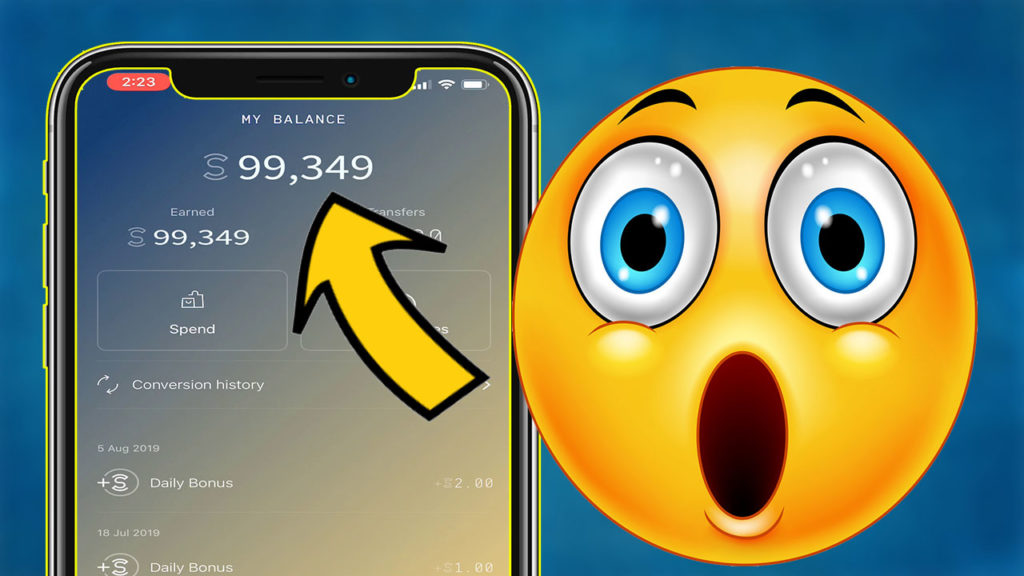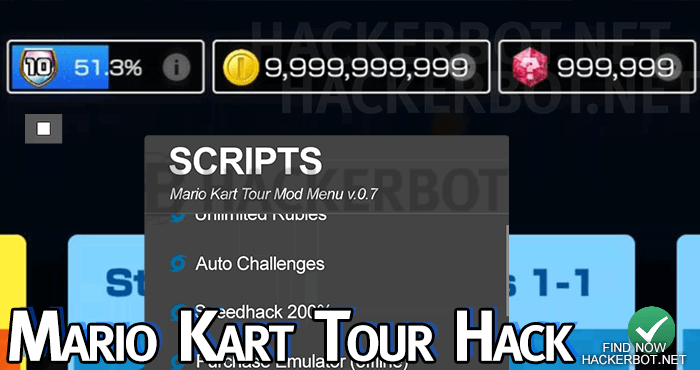
We've long touted Crucial's P1 as one of the best SSDs for gaming, for those who want decent speed at a comparatively affordable price. However, you should skip that drive for the time being. That's because Crucial's P5 is a must faster SSD, and is only $5 more at the moment.
You can find Crucial's P5 in 1TB form on sale for $109.99 at Best Buy and Amazon (there's a slight wait at the latter, with the listing indicating it will be in stock on March 12). The P1 in a 1TB capacity, meanwhile, goes for $104.99 at most places.
This is a nice price drop. When the P5 series launched last July, I noted the specifications looked good if you're willing to a pay a premium for a fast SSD, because the 1TB model debuted at $179.99. That's out of whack in today's landscape.
Whereas the P1 sports quad-level cell (QLC) NAND flash memory chips, the P5 uses Micron's third-generation 96-layer triple-level cell (TLC) chips, paired with a proprietary six-core NVMe controller. The result, according to Crucial, is the ability to deliver up to 3,400MB/s of sequential read performance and up to 3,000MB/s of sequential write performance.
Those are on the higher end of the spectrum for a PCIe 3.0 drive—not the absolute fastest, but right up there, at least in terms of rated specifications (we have not tested the P5 ourselves). To go much higher, you'd have to look for a pricier PCIe 4.0 model, and the platform to take full advantage of it.
We've long touted Crucial's P1 as one of the best SSDs for gaming, for those who want decent speed at a comparatively affordable price. However, you should skip that drive for the time being. That's because Crucial's P5 is a must faster SSD, and is only $5 more at the moment.
You can find Crucial's P5 in 1TB form on sale for $109.99 at Best Buy and Amazon (there's a slight wait at the latter, with the listing indicating it will be in stock on March 12). The P1 in a 1TB capacity, meanwhile, goes for $104.99 at most places.
This is a nice price drop. When the P5 series launched last July, I noted the specifications looked good if you're willing to a pay a premium for a fast SSD, because the 1TB model debuted at $179.99. That's out of whack in today's landscape.
Whereas the P1 sports quad-level cell (QLC) NAND flash memory chips, the P5 uses Micron's third-generation 96-layer triple-level cell (TLC) chips, paired with a proprietary six-core NVMe controller. The result, according to Crucial, is the ability to deliver up to 3,400MB/s of sequential read performance and up to 3,000MB/s of sequential write performance.
Those are on the higher end of the spectrum for a PCIe 3.0 drive—not the absolute fastest, but right up there, at least in terms of rated specifications (we have not tested the P5 ourselves). To go much higher, you'd have to look for a pricier PCIe 4.0 model, and the platform to take full advantage of it.
https://sites.google.com/view/dragoncity-unlimited-gems/home
https://sites.google.com/view/dragoncitygeneratornosurveynoh/home
https://sites.google.com/view/dragoncityfreegemsgeneratorful/home
https://sites.google.com/view/dragon-cityunlimitedgems/home

- One of the things that worries fans in the Marvel Cinematic Universe franchise is the absence of Netflix television series characters

- Pittsburgh Steeler Cassius Marsh explains why he is opening a card shop and how hell manage balancing the responsibility with his football career.

- I love the Valheim world Ive been playing in, but the procedural generation hasnt been especially generous. Id played for 51 hours in my world—51 hours!

- Vision and inspection systems are also known as machine vision systems.Lots of individuals enjoyment of their profession, and many individuals delight finding.